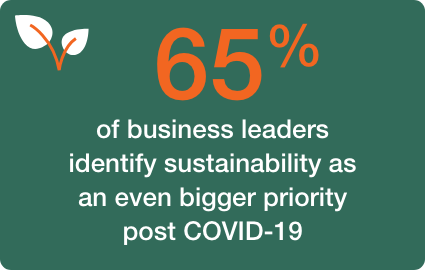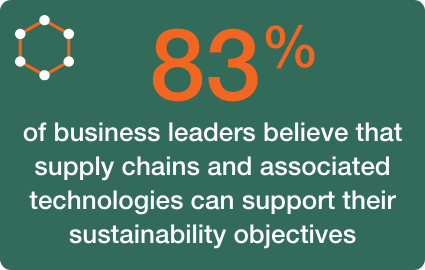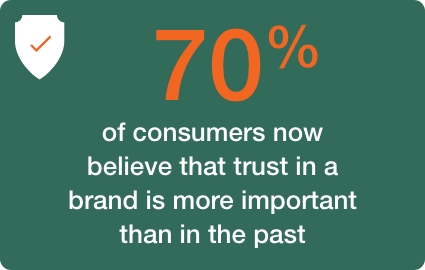Our ‘heroes’ of the film are Verónica Candelero García, Ryan Nienaber and Emma Bonar. Together they represent three businesses on three different continents that have one mind in common - a clear understanding of safer and more sustainable supply chain practices. Verónica founded Cacaste, a Mexican cocoa butter producer that has developed a very close working relationship with a network of growers in Tabasco, enabling trust and traceability in their supply chain. The cocoa supply chain has been identified in a UN report as ‘very complex’ and uniquely identifying raw materials at source is key, as this fast-growing business supplies cocoa to beauty companies from the United States to New Zealand.
Ryan, co-founder of Greenfish, a seafood business in South Africa which has made a commitment to ensuring that all their seafood is sourced from legal fishing operations and is traceable back to its point of origin. Every single package includes information about the species, origin, and production method. Achieving best practice in their industry is particularly important since the UN estimates that just 8% of wild caught fish adhere to the Marine Stewardship Certified (MSC) guidelines for sustainability.
Finally, Emma, the owner of 69b Boutique in the UK, the ‘first store dedicated to a better fashion industry’ with a vision to bring together designers who are socially and environmentally responsible. Brands it works with must adhere to a strict policy on transparency and accountability with a commitment to sustainable fashion. In her words: "our customers rely on us to know where the products that they're buying are coming from”. In many ways Emma is ‘ahead of the game’ in her sector since a McKinsey study found that eight out of ten sourcing executives in the fashion industry have plans to publish their companies’ level of transparency on at least tier 2 level by 2025 in the form of supplier lists.



